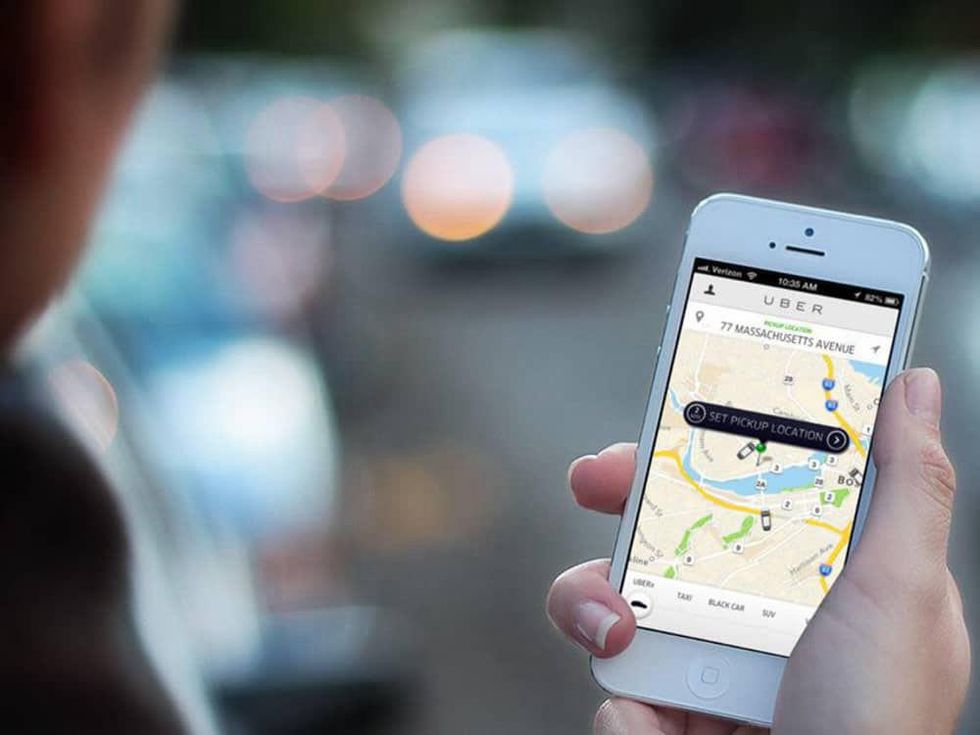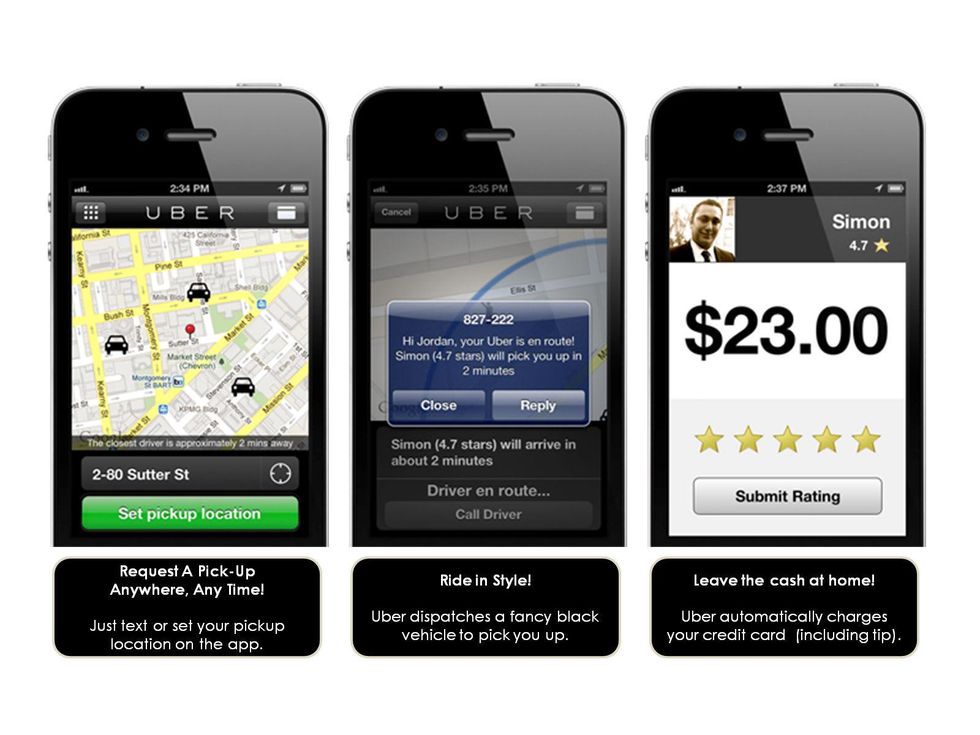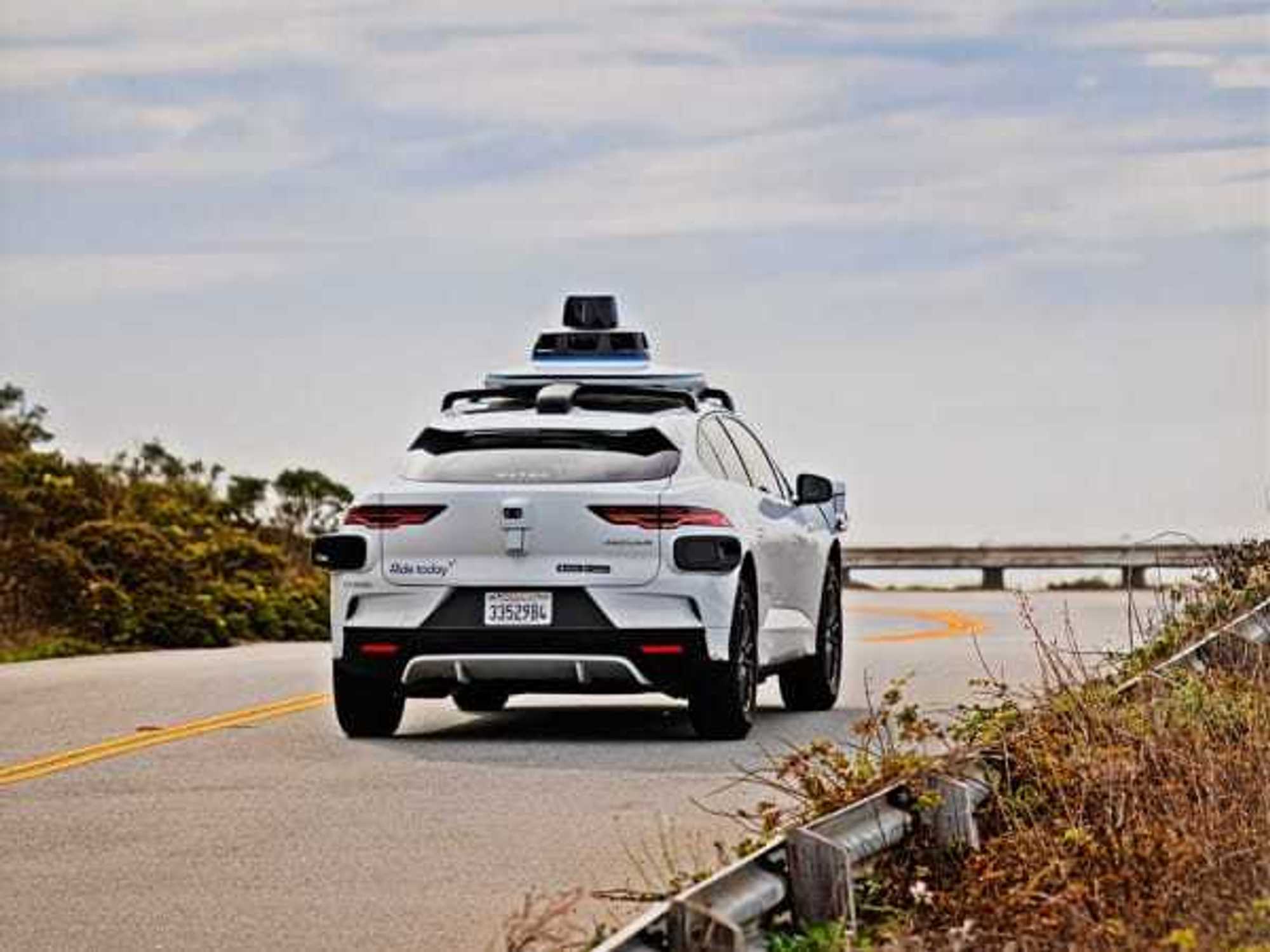Transportation Tussles
Tech-friendly taxi app emerges in wake of Uber Dallas hullabaloo
Chances are you've never heard of Taxi Magic. But the cab company's technology arm is trying to change that by riding Uber's controversial coattails. Despite being in Dallas for only a year, Uber has loads more name recognition than Taxi Magic, which traces its local roots back to 2009.
Like Uber, Taxi Magic is an app that helps you find a ride, lets you pay with a credit card and tracks your driver via GPS. But in stark contrast to Uber, Taxi Magic partners with 750 Dallas cabs, including Freedom Cab, Jet Taxi and industry behemoth Yellow Cab — Uber's not-so-secret nemesis.
Thanks in part to actions by an over-eager interim city manager, Uber has practically become a household name in Dallas. Heck, it even spawned its own transportation working group, where mustachioed Lyft also has a seat. Taxi Magic, however, isn't at the table.
"It’s not that Taxi Magic is in compliance with city code — it’s that they don’t have to be," says City Council member Sandy Greyson.
City Council member Sandy Greyson is head of the committee tasked with ironing out what regulations should govern this new class of technology-based transportation businesses. There’s so much going on in the alternative transportation space that Greyson hadn’t even heard of Taxi Magic until CultureMap Dallas came calling.
"How can they have been here for all these years and I’ve never heard of it?" Greyson asked. But after reviewing the company with her staff, she determined its business model doesn’t conflict with city code.
"They are not directly dispatching drivers. They are referring customers to existing cab companies, not providing the service themselves," Greyson says. "It’s not that Taxi Magic is in compliance with city code — it’s that they don’t have to be."
Greyson says even though Uber and Lyft deny dispatching drivers, the fact remains that the app connects riders directly to drivers. "We may create a new category for tech-based, vehicle-for-hire businesses," Greyson says, "but that category wouldn’t include Taxi Magic."
Greyson acknowledges that this is a confusing space to navigate for the public as well as the city. "The average person would not be able to differentiate between Taxi Magic, Uber and Lyft, and yet there are significant differences between them that determines which companies need to be regulated."
It may be a tough sell to the general public, but if there's one thing Uber and Taxi Magic can agree on, it's that they are very different companies.
Although Uber Dallas general manager Leandre Johns recognizes that there are "obvious similarities" in the two companies' business models, he brushes off the idea that Uber is in competition with Taxi Magic.
"They do play in a different space. If a customer wants to ride in a taxi, they can use Taxi Magic," Johns says. "But if they are looking for something a little sleeker, a little more stylish, then they’ll want Uber. We provide more options than just a taxi."
For its part, Taxi Magic is working extra hard to show it's not like Uber. In addition to handy dandy infographics, Taxi Magic even rolled out the promo code "nosurge" to jab at Uber and Lyft's surge pricing models.
Jay McClary with Taxi Magic says that his company demonstrates that innovation can be achieved "without destroying an industry."
"Safe service comes with a real cost, so to allow these new tech companies to come in and operate without those regulations just doesn’t make any sense and definitely creates a bunch of safety issues for riders and cost challenges for local fleets," McClary says.
"We’re certainly all for competition, and we really believe that innovation is important and exciting to the industry. But what’s important is that there’s a level playing field."





